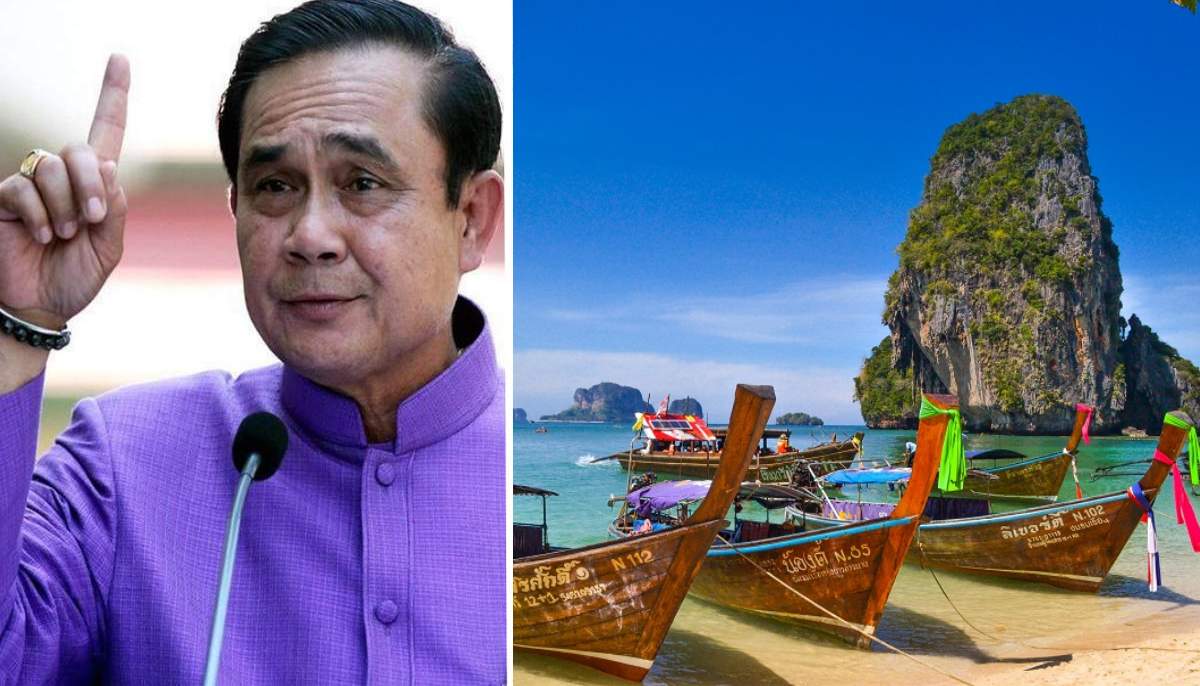Thai health officials are reluctant to abandon the policy of restrictive restrictions on tourists: although Thailand is trying to facilitate the entry of tourists, the position of the local General Staff is against the global trend to end the pandemic. In particular, the notorious Thai Pass, which must be obtained by tourists before leaving for the Kingdom, decided to keep it until the end of June – and at least. Thus, Thailand has surpassed all other popular tourist destinations, retaining certain restrictions for tourists, and for the local tourism industry, it became a disaster for next summer.
“All foreign tourists will still need to apply for and obtain a Thai Pass before they can come to Thailand. Fully vaccinated travelers will still need to upload their passport and vaccination details, as well as a Covid insurance policy certificate worth $ 10,000,” official sources said. The document is issued by officials of the Department of Disease Control and Prevention and usually takes from a few hours to 3 days. At the same time, in June they promise to “digitize” its design, which also threatens problems.
At the same time, Thailand officially maintains an emergency, which could result in increased measures at any time.
“It was decided to extend the emergency decree for another 2 months, at least until the end of July. An emergency decree allows the CCSA (Covid-19 Situation Management Center), elected by the government and headed by the Thai prime minister, to make quick decisions on the fly without consulting parliament. It also allows the CCSA to set and change restrictions and guidelines (such as wearing masks or closing bars) when it meets twice a month,” Thai sources explain.
That is, there is a constant threat to tourism – and it responds. From April 29 to May 19, 521,139 new applications for the Thai Pass were received. 6789 of them are still being processed, others are either approved or rejected. The amount of international revenue has also exceeded 1 million this week since the beginning of the year, about 60-70% of the – “pure tourists”. This is well below the average of 3.3 million revenues per month during 2019 when about 39.6 million international revenues were registered for the year.

